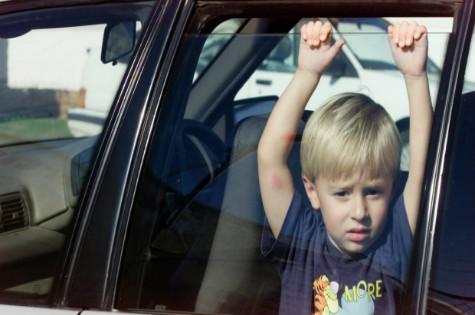In the past 12 months National Roads & Motorists’ Association (NRMA) patrols across NSW and the ACT have rescued almost 2,500 young children accidently locked in cars, a 16 per cent increase over the last four years.
There has also been an 88 per cent increase of pets’ accidently locked in cars over the same period with more than 1,500 rescues in the past 12 months.
-
An NRMA survey of 1,130 Members revealed 40 per cent have locked their keys in their car.
-
Thirteen per cent of Members that have driven with a young child in the last year admitted to giving car keys to a young child as a temporary distraction.
-
Last year, more than 104,000 calls to the NRMA were for keys locked in cars.
-
In many cases the keys have been locked in the boot or the keys have been given to a young child in their car seat as a ‘distraction toy’.
NRMA Member Service Manager Robert Younes said the NRMA call centre received an average of 12 anxious calls every day from Members and non- members.
“We are the primary responder to these situations, taking almost half of all calls for help for kids or pets accidentally locked in cars,” Mr Younes said.
“NRMA Members and non-members alike, think of us first when they find themselves in this stressful situation. The other half call friends or family to bring a spare key, carry their own spare key or call 000”. “Human error is not always to blame. Over - zealous pets knocking internal door locks and auto lock car technology result in calls to the NRMA”.
“In addition, more than 40 per cent of survey respondents that have driven with a young child in the last year said they had felt anxious or pressured by another driver waiting for them to put their child in the car or load shopping. This additional pressure can often lead to accidental lock-ins with the majority of calls for help coming from car parks. Residential driveways are also notorious locations for lock-ins,” Mr Younes said.
The following tips may reduce an accidental lock-in:
-
Find an alternative to car keys being used as a ‘distraction toy’ for a young child.
-
Try and place keys in a clothes pocket.
-
Focus on where you put your keys, particularly when taking a phone call, loading the boot or placing a child in a car seat.
-
Leave the driver door ajar or window down when packing the boot or moving away from the car.
-
Don’t rush because another driver is waiting for the parking space.















__small.png)










